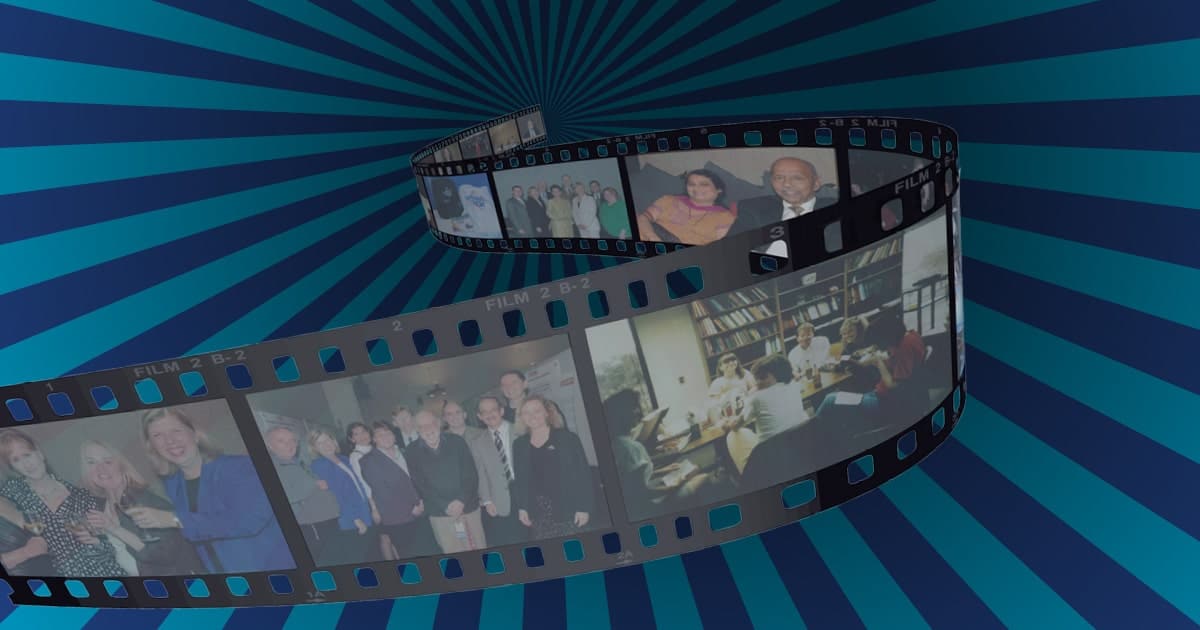By Erin Schafer, PhD
As audiologists, we live and breathe hearing technology, but we don’t always have the opportunity to learn about how a lifetime of hearing technology shaped a person’s life.
I had the distinct pleasure of learning about Rebecca Krill’s journey with congenital hearing loss in her recent TED talk, “How technology has changed what it’s like to be deaf.”
Rebecca has congenital hearing loss and has experienced many technological advances in hearing technology over the years. One of the most poignant statements during her talk was related to her decision to obtain a cochlear implant. She “needed to stop the soul-sucking cycle of loss” as her hearing loss worsened and was no longer helped by hearing aids.
This statement reminds me of the difficult decisions faced by our patients, particularly those who are candidates for cochlear implants. She also describes how her hearing loss is not her primary barrier in the word. Instead, it is the outdated way people respond to her deafness with pity, anger, and patronization.
She ends her talk by describing how far technology has come in her lifetime, but our mindset needs to catch up. I highly recommend this 13-minute TED talk, not only for audiologists and students, but for your patients. She provides a clear, easy-to-understand description of sensorineural hearing loss, cochlear implants, and the importance of technology for connecting with others.
Erin Schafer, PhD, is the editor-in-chief of Audiology Today magazine and audiology-related news content on www.audiology.org.
Recent Posts
Why Do Elephants Have Such Big Ears?
African elephants have the largest ears of any animal, sometimes growing more than six feet long and five feet wide. An elephant’s ears are used…
Founders’ Day
The 32 audiologists gathered in Houston, Texas, in 1988 to discuss the formation of a national association of audiologists. On January 30, 1988, 32 audiologists met…
House Minibus Advances with Mixed Outcomes for EHDI
Last week, the U.S. House of Representatives passed a fiscal year (FY) 2026 minibus appropriations package that includes the Labor, Health and Human Services, and…


